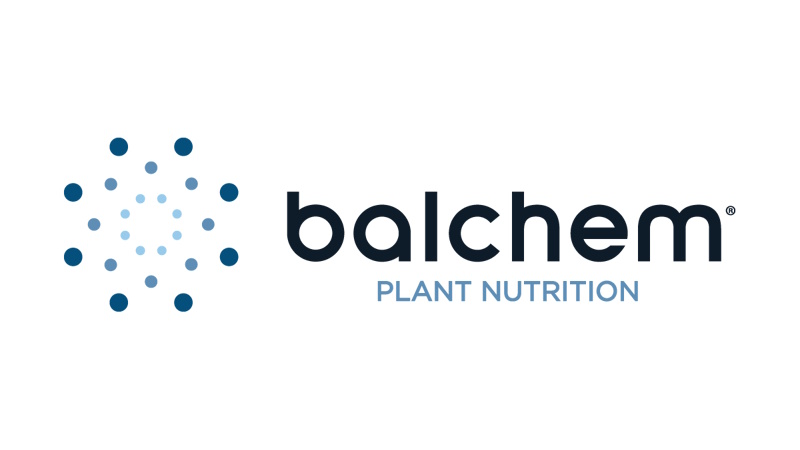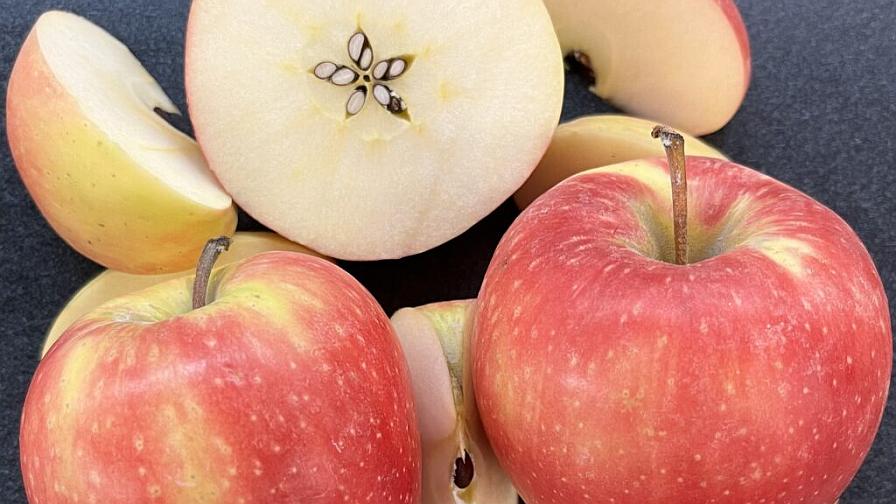More Forage Grants Distributed in Honor of National Honeybee Day
Aug.19 is National Honeybee Day, and the Feed a Bee initiative will be buzzing across the country to plant thousands of wildflowers from New York to California – all in one day.
Since 2015, the Feed a Bee initiative has distributed more than 3 billion wildflower seeds for pollinator plantings, establishing additional nutrition and habitat sources across the nation. This National Honeybee Day, Feed a Bee will be celebrating with special planting events to add even more to the pollinator gardens at Bethpage State Park in Farmingdale, NY; North Central College in Naperville, IL; and the Placer Land Trust’s School Park Community Garden in Auburn, CA.
This year the Feed a Bee initiative launched a grant program with the goal to facilitate forage plantings or enhancements in every state by the end of 2018. The program is sponsored by the Bayer Bee Care Program.
More than 100 organizations have applied for funding to date, including wildlife agencies, nonprofit organizations, schools and universities, homeowners’ associations, and more, illustrating the growing interest in pollinator health in the U.S. The three locations participating in National Honeybee Day are part of the 58 projects that were awarded in the first round of funding alone.
“This Feed a Bee grant will help us create a garden space that was originally visualized by two incredible women who have since passed away,” said Katy Fries, Garden Manager of Auburn’s School Park Community Garden. “With this funding, we hope to enhance the natural beauty of the garden and safeguard foraging areas for our pollinators.”
National Honeybee Day will kick off with Feed a Bee’s celebratory planting at Bethpage State Park, where horticulturists have been expanding pollinator habitat by connecting four existing pollinator gardens. Later that day, the celebration will continue at North Central College as volunteers help establish native wildflowers to expand a newly restored prairie. The pollinator planting parade across the nation will culminate at School Park Community Garden, where local families and members of the community will assist with the expansion of the garden’s current pollinator habitat and take part in education and art stations teaching them about bees and monarch butterflies.
It’s exciting to see such overwhelming support for pollinators from both large and small organizations across the country,“ said Dr. Becky Langer, Project Manager, Bayer North American Bee Care Program. We’re delighted to join with these diverse groups to have a direct, positive impact on local pollinators and their communities at large, and we’ve already made incredible progress in our goal to reach all 50 states by the end of next year.”
The events from the East to West Coast will also recognize the 13 new projects that have been funded by the Feed a Bee forage planting initiative. Nearly 30 organizations submitted responses to the request for proposals in the second round, which were reviewed and evaluated by the inaugural Feed a Bee steering committee. The 13 organizations selected in the most recent round of funding will receive awards ranging from $1,000 to $5,000.
The new Feed a Bee forage grant recipients include:
- Corpus Christi School, Mobile, AL
- Arizona Farm Bureau, Gilbert, AZ
- Purdue University, Vincennes, IN
- Master Naturalist, Carthage, MO
- Twin Bridges FFA Chapter, Twin Bridges, MT
- East Carolina University, Greenville, NC
- Wakefield High School FFA Alumni, Raleigh, NC
- The Mountain Retreat & Learning, Highlands, NC
- Allegheny County Conservation District, Pittsburgh, PA
- Lancaster County Beekeepers Association, Lancaster, SC
- Tennessee Wildlife Resources Agency, Crossville, TN
- Pierce County Planning and Public Works, Surface Water Management, Tacoma, WA
- Oneida County Land and Water Conservation Department, Rhinelander, WI
The grant funds, awarded on a rolling basis, are made available to organizations working to combat the issue of limited pollinator forage throughout the country and to provide a tangible, sustainable solution to this challenge. For more information on how to apply for funding, visit FeedABee.com.










